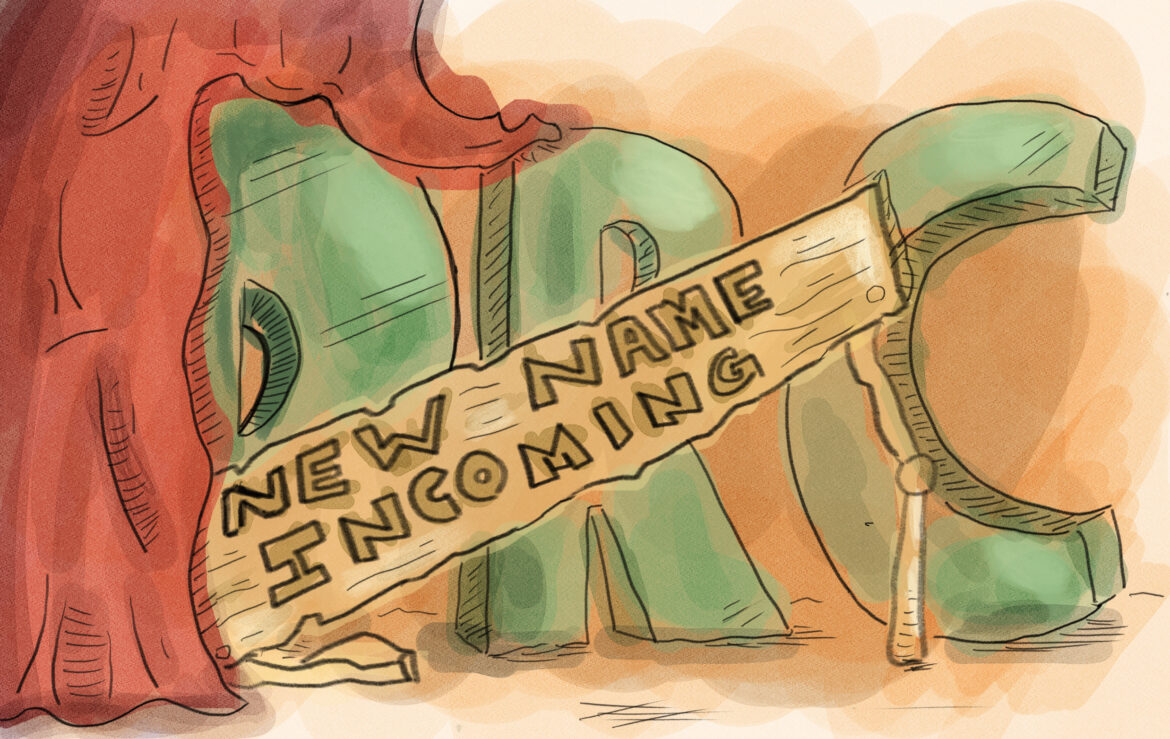Disclaimer: The following article is the opinion of a student writer at Montclair State University. This article does not necessarily reflect the views of The Montclarion or its staff.
As a result of students being unaware of the services and accommodations the Disability Resource Center (DRC) provides at Montclair State University, it announced an upcoming name change.
The DRC is a center mandated by Section 504 of the Rehabilitation Act of 1973, where students will obtain assistance in receiving the accommodations and services needed to equalize access. It assists students with physical, sensory, learning, psychological, neurological and chronic medical disabilities.
It deserves recognition for its mission to ensure that students with disabilities receive equity and excellence in education to which they are legally entitled. It also adds to Montclair State’s commitment to diversity and inclusion with a strong support system.
The director of the DRC, Meghan Hearns, surveyed students on how the name affects students with disabilities and identified students’ opinions on the name.
Hearns explained that it began when multiple students submitted documentation where providers were crossing out the term “disability” and replacing it with terms like “medical condition” or “psychological diagnosis.”
This implements a greater standpoint because it’s coming from a medical professional who ultimately disagrees with the term “disability.” The term itself can lead to a negative perception, invalidating the experiences of students with medical conditions and undermining what they can accomplish.
As someone who has seen the work and dedication the DRC puts into helping their students, the term ‘disability’ contradicts what they do. For some students, the word ‘disability’ prevents them from reaching out to the center.
From classroom accommodations to those in housing, dining, and emotional services, the DRC knows how to advocate for students who need support.
It’s easy to acknowledge that college isn’t always easy. What is also not easy is getting the resources to all students who need it. Regardless of a student’s condition, there should always be a way to get help with balancing the stress that school can cause, and that help is the DRC.
Disability is not only a term that contradicts what they do, but it also suggests a different idea. When I think of disability, I automatically think of physical impairments or the universal symbol for disability, which is the blue wheelchair symbol.
What students don’t realize is that the DRC isn’t just for people with visible disabilities, but invisible ones as well. They are willingly advocating for students with psychological or learning-related diagnoses like anxiety, depression, seizures, and ADHD.
Something ironic I learned from speaking with the director is that most of the university’s students have invisible disabilities, mainly psychological or learning-related diagnoses.
Hearns mentioned that on average, the DRC students have a very high grade-point average and excel academically. Despite their challenges, students can accomplish any goals they are willing to meet, but the term “disability” overrides that concept. This term can cause feelings of self-doubt or create misconceptions that there are intellectual limitations just because of facing visible or invisible challenges, which is not true.
I know this because I have experienced it myself.
I was reluctant when I first heard of the DRC because of “disability” because I didn’t want to put a label on myself. When I spoke with my DRC adviser, she helped me realize that would not be the case. Not only did I notice a change in myself, I noticed a change in my grades. After I obtained the resources and accommodations they provided me with, I was able to reach my goal of making it on the dean’s list.
It’s important to recognize how the DRC fits into helping students with their mental health, which is through booking an appointment with your DRC adviser.
I remember being a freshman in college and the overwhelming feeling of transitioning from high school to college. Dealing with life outside of school in addition to the college adjustment, created anxiety for me almost every day. Due to all of these challenges, my grades began to drop and I came close to not passing one of my most important classes, speech.
One day, I decided to speak with my professor and during our conversation he asked me, “Have you ever considered joining the DRC?” I asked him for more details and he helped me understand the services it offers. After doing some research of my own, I recognized that it could be a great asset to help me adjust. I made an appointment, afraid that it was only for students with physical impairments and later learned it wasn’t: I realized I was eligible.
That first appointment began the process of me figuring out step-by-step how to reach my furthest potential as a student. After having the motivation to find help from the DRC, everything started to fall back into place and I completed my first academic year successfully.
The truth is that having a support system to deal with internal or external challenges can only help you as you transition through life. Whatever it may be, it becomes easier having an army of people who are willing to fight for you. I believe the DRC can become that army if only we are made aware of it.
There are various actions the university can take to show how the DRC embraces student empowerment. Campuswide campaigns to discard negative perceptions of disability, orientations or workshops for students and faculty about DRC services and eligibility, even creating multiple social media platforms can all spread the message about the importance of student accommodations.
When I spoke with Director Hearns, she mentioned the perfect analogy to describe its services. She referred to students’ academic goals as Manhattan and the DRC’s accommodations as a bridge to reach the city. The DRC serves to demonstrate that having a disability is not a barrier but an essential element in realizing our highest potential and accomplishing those goals.



